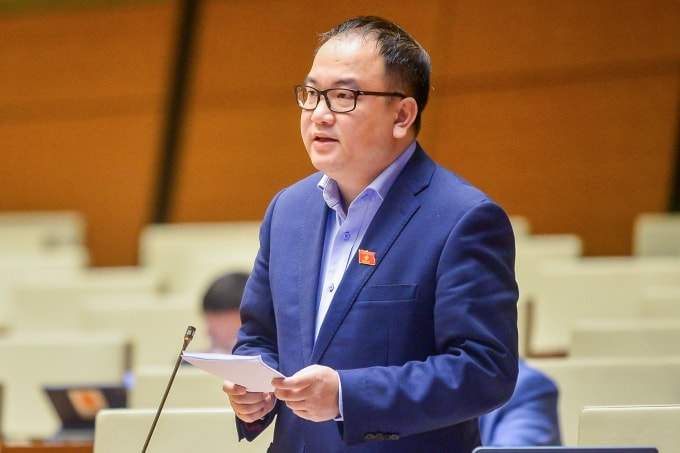
On the afternoon of June 17, discussing the socio-economic situation at the National Assembly, delegate Pham Trong Nghia (in charge of the Culture and Society Committee) proposed that the Government soon submit to the National Assembly a plan to reduce normal working hours for private sector workers.
"People are the decisive factor for the economy's autonomy and self-reliance," he said, recommending that the Government soon issue a national strategy or national target program on human resource and vocational skills development, in order to create a strategic breakthrough for the new development stage, in sync with institutions and infrastructure.
The proposal to reduce working hours is not the first time that Mr. Nghia has raised it. At the meeting at the end of 2023, he spoke about this issue as a progressive trend of most countries in the world , but it has not been attached to a specific time frame like this time.
Currently, the Labor Code stipulates that workers under normal conditions work no more than 8 hours per day, 48 hours per week. Enterprises can choose to regulate working hours by day or week, but must notify employees. The State encourages a 40-hour work week, but this regulation has not become popular due to low labor productivity, low income, and employees have to extend their working hours to ensure their lives.
In the public sector, working hours of 40 hours per week (8 hours/day, 5 days/week) are applied according to Decision 188/1999 of the Prime Minister, to increase the efficiency of administrative work, save on electricity and water costs, budget payments and help civil servants and public employees have more time to rest and restore their labor.
Decent treatment to retain talent
Delegate Hoang Duc Thang (Deputy Head of Quang Tri Delegation) pointed out the situation of a number of good cadres and civil servants with high professional qualifications and good capacity resigning or transferring to the private sector during the merger of the apparatus. Among them, ethnic minorities at the grassroots level who have been trained quite systematically are also leaving the system, leading to the risk of serious imbalance in the team structure.
"Losing highly qualified and experienced human resources will make it difficult for the apparatus to achieve its goals in line with the reform direction," Mr. Thang said, comparing this phenomenon to "peacetime separations", which not only cause immediate losses but also have long-term consequences for the quality of the administrative apparatus.
According to him, after the merger of administrative units, many families of cadres and civil servants were forced to live hundreds of kilometers apart, and their children had to be sent to grandparents or relatives to take care of them. "Rental houses and public housing are waiting for them, struggling to make ends meet and other disturbances and difficulties - these are silent injuries but no less than any sacrifice, and need to be recognized and respected," Mr. Thang shared, saying that the struggle between public service responsibilities and family obligations can make it difficult for cadres to work wholeheartedly.
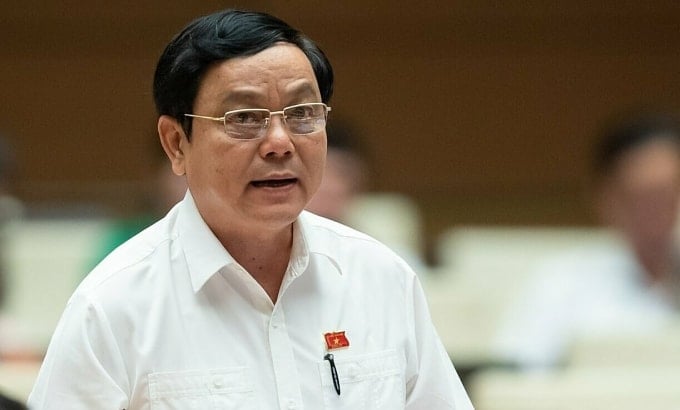
He recommended that it is necessary to harmoniously resolve groups of issues including remuneration, working environment, recognition - evaluation and promotion opportunities to retain talent. In particular, salary and benefits must be the center, ensuring competitiveness with the private sector, especially in positions requiring high professional qualifications.
The public service environment also needs to be reformed in a professional direction, encouraging innovation and fair evaluation, helping workers to be recognized and make worthy contributions. "It is necessary to reform the recruitment, appointment and use of officials; focusing on attracting young, highly qualified and creative human resources," he emphasized.
Regarding the arrangement of administrative units, Mr. Thang suggested evaluating cadres based on work efficiency, and not assuming that "high-ranking" cadres are better than the grassroots and should be assigned to higher positions.
Notably, he proposed that the Government soon have a policy to compensate for the disadvantages and difficulties of officials on long-distance business trips, especially in terms of housing, accommodation and transportation. The policy should be unified nationwide, avoiding assignment to localities because it can easily lead to unfairness.
Finally, he expressed the view that it is necessary to arrange a "2nd office" model in the locality when necessary, ensuring that the government is not far from the people, serving the people better, and at the same time avoiding overloading the new administrative center after the merger.
TH (according to VnExpress)Source: https://baohaiduong.vn/de-xuat-giam-gio-lam-doanh-nghiep-con-44-gio-moi-tuan-tu-2026-414284.html







![[Photo] General Secretary To Lam receives Slovakian Deputy Prime Minister and Minister of Defense Robert Kalinak](https://vphoto.vietnam.vn/thumb/1200x675/vietnam/resource/IMAGE/2025/11/18/1763467091441_a1-bnd-8261-6981-jpg.webp)
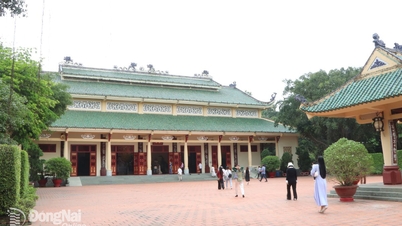








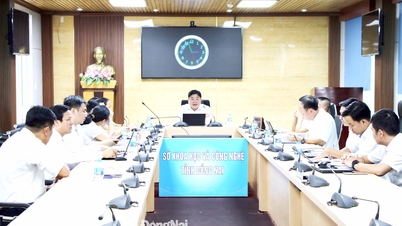















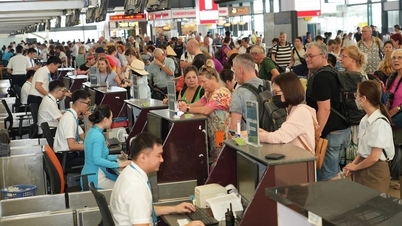












































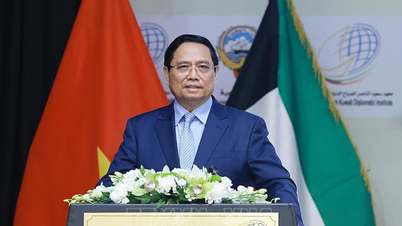








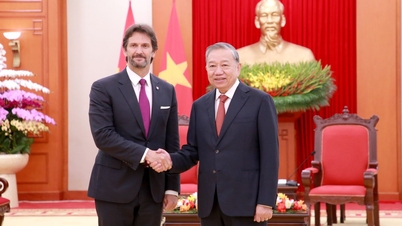




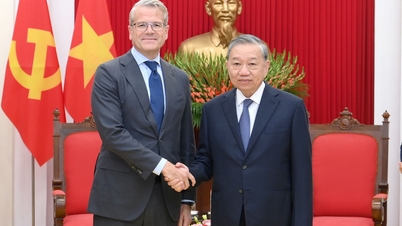





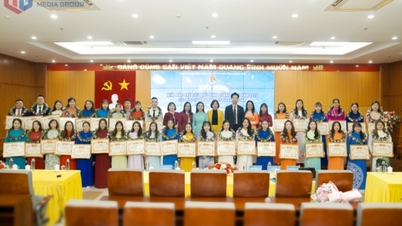











Comment (0)